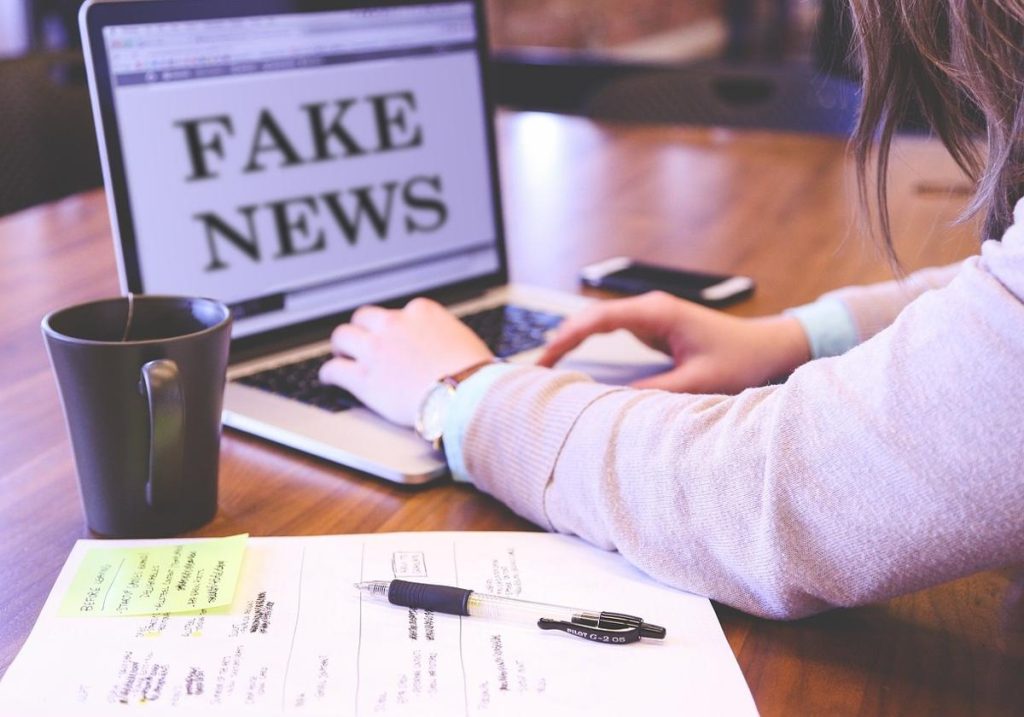Listen to the article
Spain to Introduce Law Forcing Influencers to Publish Corrections to Combat Misinformation
Spain’s central government has approved a preliminary draft of legislation that would compel social media influencers and digital platforms to publish corrections to inaccurate posts, marking a significant step in the country’s effort to combat online disinformation.
Justice Minister Félix Bolaños announced the measure, emphasizing that citizens have “the right to defend ourselves from professional hoaxers.” The proposed law would update Spain’s current legislation on the right of rectification, which dates back to 1984—well before the internet era.
The bill specifically targets individuals with substantial online followings—those with more than 100,000 followers on a single platform or 200,000 across multiple platforms. Under the proposed legislation, these influencers would be required to implement mechanisms allowing people to request corrections for false or inaccurate information that causes them harm.
“These people have a wider reach of the information they spread than many traditional media outlets, and there are professional hoaxers and liars who every day sully our public debate with lies and falsehoods,” Bolaños said during the announcement.
The legislation would establish a process similar to that already in place for traditional media. Individuals who believe they have been harmed by misinformation can demand a rectification directly from the content creator. If the request is ignored, the case could proceed to court.
The new law would streamline the correction process by eliminating the current requirement that rectification requests be addressed specifically to media directors, who are often difficult to identify in digital contexts. Instead, the correction must include a notice that the information has been rectified, provide the accurate information, and link back to the original publication.
While Bolaños avoided referencing specific cases during his announcement, the timing of this legislative push appears connected to Prime Minister Pedro Sánchez’s personal experience with online disinformation. The initiative forms part of what Sánchez previously described as a “democratic renewal plan” intended to reinforce the right to truthful information.
This plan gained momentum following an incident in April when Sánchez took five days to reflect on his political future after a judge opened proceedings against his wife, Begoña Gómez, based on a complaint that government officials maintain was founded on false information.
The legislation represents a significant expansion of media accountability frameworks into the digital space. Traditional media outlets in Spain have long been subject to rectification requirements, but social media platforms and influencers have operated with considerably less oversight.
Digital rights experts note that implementing such measures presents unique challenges in the social media environment, where content can spread rapidly across platforms and jurisdictions. Questions remain about enforcement mechanisms and how the law would apply to influencers based outside Spain but with significant Spanish audiences.
The draft law will now enter a consultation phase before being presented to parliament for debate and potential approval. If enacted, it would position Spain among the European nations taking the most aggressive stance against online misinformation through regulatory frameworks.
“We are making life more difficult for those people who lie and spread hoaxes every day,” Bolaños concluded, signaling the government’s determination to push forward with this digital accountability measure.
Verify This Yourself
Use these professional tools to fact-check and investigate claims independently
Reverse Image Search
Check if this image has been used elsewhere or in different contexts
Ask Our AI About This Claim
Get instant answers with web-powered AI analysis
Related Fact-Checks
See what other fact-checkers have said about similar claims
Want More Verification Tools?
Access our full suite of professional disinformation monitoring and investigation tools




8 Comments
This is an important issue that many countries are grappling with. Requiring prominent online figures to correct misinformation could be a useful tactic, but I wonder about the broader implications for free speech and content moderation.
That’s a fair concern. There will likely be a tricky balance to strike between combating disinformation and preserving open discourse. Curious to see how Spain approaches that challenge.
This proposed legislation in Spain seems like a novel approach to dealing with the spread of misinformation online. Curious to see how it’s implemented and whether it can actually move the needle in terms of curbing the impact of ‘professional hoaxers’.
Efforts to combat online disinformation are sorely needed, so I’m glad to see Spain taking action on this front. Requiring influencers to correct inaccurate posts could be an effective way to undermine the spread of falsehoods, if done right.
Interesting move by Spain to combat online misinformation. Requiring high-profile influencers to correct false info could help hold them accountable. Wonder how this will be enforced and if it will make a real difference in curbing the spread of disinformation.
I’m curious to see how this proposed law will impact the spread of misinformation on social media. Giving users the right to request corrections from big influencers seems like a step in the right direction, but implementation will be key.
You raise a good point. Effective enforcement will be critical for this law to have a meaningful impact. It’ll be interesting to see how Spain navigates the challenges of policing online content at scale.
I appreciate Spain taking action to address online misinformation, which has become a major problem. Empowering users to call out falsehoods from high-profile influencers seems like a worthwhile approach, though the details will be key.